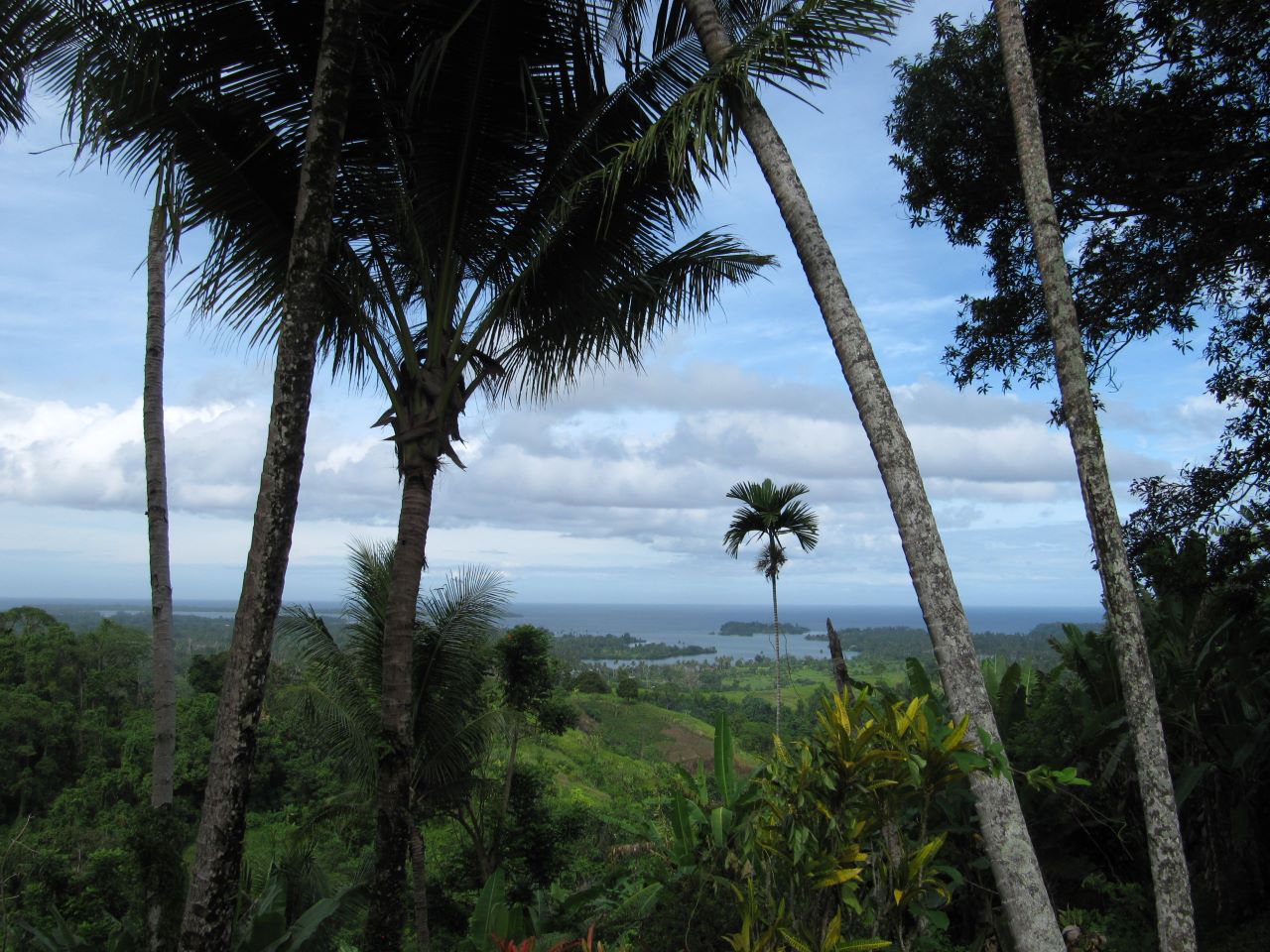
SolSol
Rural Solar Power Solution for Papua New Guinea
Our Project Goals

Our Vision
Access to reliable, clean electrical energy will become an everyday reality for most Church institutions and their communities in remote rural areas by 2030.
This will improve the education and healthcare situation, open up new economic opportunities and change the daily life for people living in remote rural areas.

Mission Statement
Make use of PNG’s abundant solar potential to produce electrical power locally in the communities through deployment of small self-contained solar power stations for daytime and night-time usage.

The Concept
Young people in the communities – boys and girls equally – are trained to maintain and operate the installed solar power stations, securing the independent power supply to their communities. The solar power station provides a basic level of comfort to the community, such as lighting for family houses and public spaces, energy for water pumps and security lights at night-time.
The Project
The SolSol Project is commissioned by ELCPNG, the Evangelical Lutheran Church of Papua New Guinea. The project builds small Solar Power Stations for Health facilities, Schools, Seminaries for adult education and the local communities living at these Church institutions in remote rural areas.
ELCPNG has about 2 million members. It maintains programs extending its core mission to preach the Gospel to also providing social services to the communities. Several of ELCPNGs programs and institutions are now operational for over 100 years. ELCPNG is highly respected as a pioneer in providing development and social service work, such as health services, transport, trading, education, infrastructure and communications.
The Sites

Health facilities
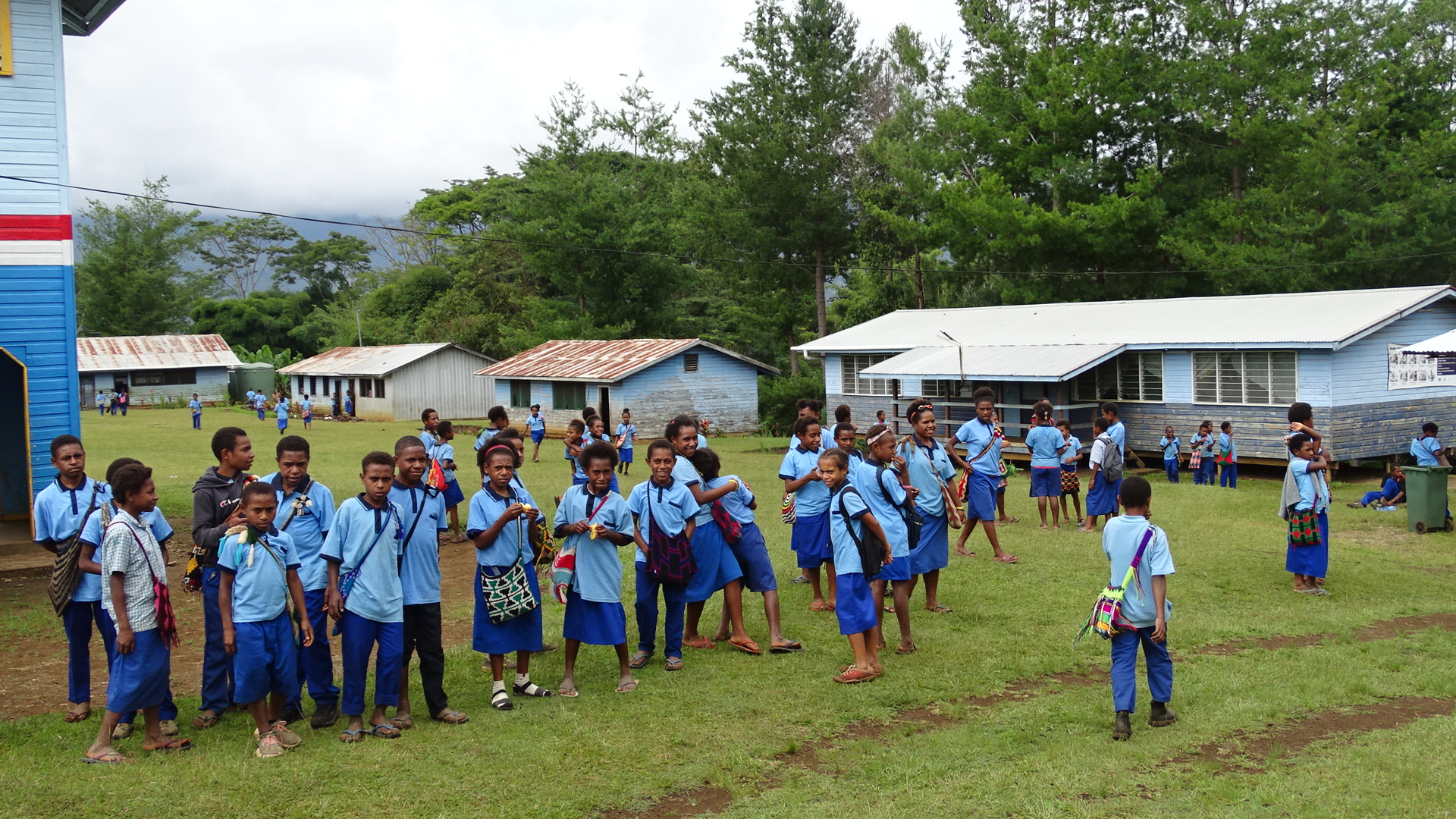
Schools
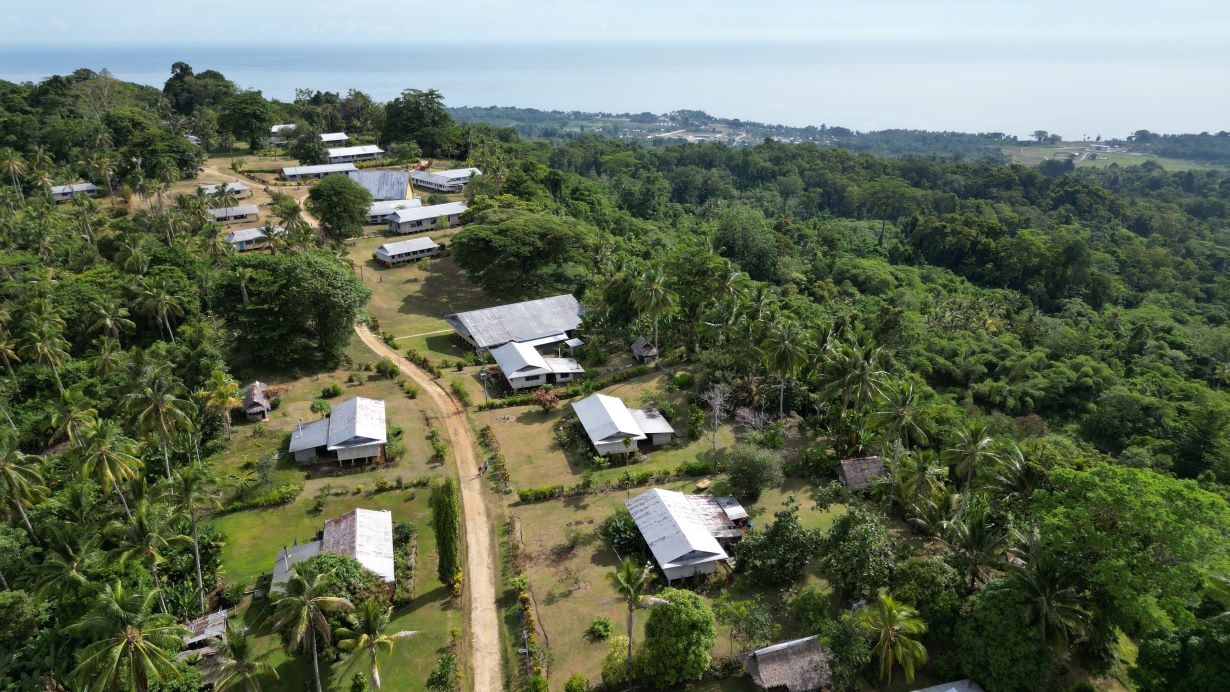
Seminaries
Fact Sheet Papua New Guinea
The Country
- Pacific island located North of Australia
- World’s second-largest island: area 460 000 km2
- Population over 10 million, thereof 85% in rural areas
- Up to 40% analphabet rate
- Over 800 local languages
- often torrential rainfalls, earthquakes, landslides
- Mountaineous, steep terrain with very few roads

The History
- Discovered and named “New Guinea” around 1550 by Portuguese/ Spanish sailors. First foreign settlements started in 1884 by German colonialists.
- Colonial period:
- German Empire (1884-1915)
- Australian protectorate/territory (until 1975)
- Since 1975: independent sovereign state

The Infrastructure
- Transport is slow, cumbersome and dangerous
- Land: Only three inter-city “highways” in bad condition
- Water: Small dinghy boats serve the coastal villages
- Air: Mission planes fly to small airstrips
- Technical infrastructure is in poor shape
- Electricity: only 19% of population have access
- Telecom: one mobile network in rural areas
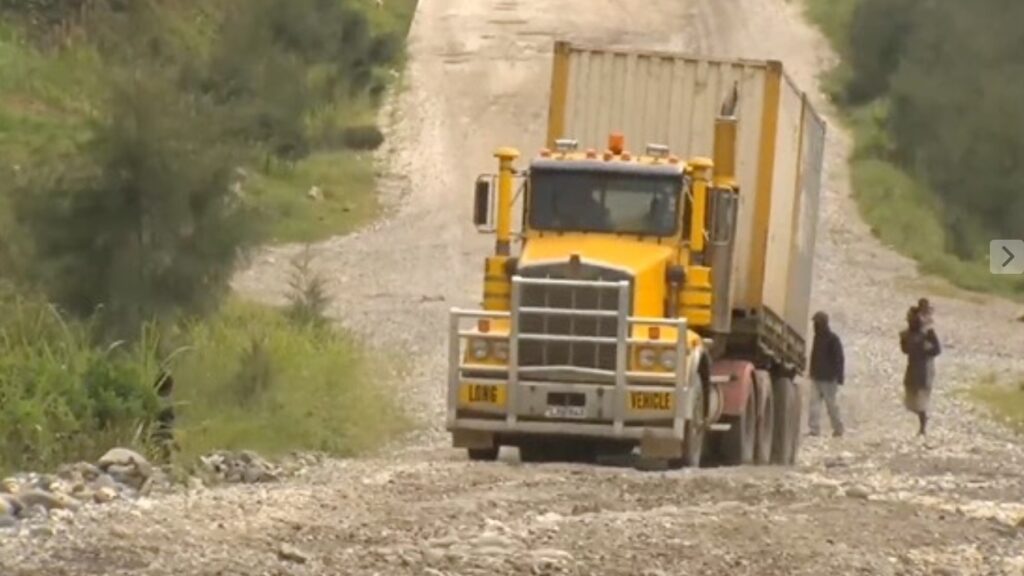
The Economy
- Rich on primary and natural resources
- Export of raw materials, processing abroad and re-imported at high prices
- High youth unemployment rate
- High negative foreign trade balance
- Ambitious government goal to make PNG a “middle-income country” by 2030

International Trade Relations
- Trade with South-East Asia is growing strongly (China, Japan, Korea)
- Trade with Australia, Europe, USA is decreasing
- China is heavily investing in PNG, establishing a strategic foothold in the South Pacific region
- PNG is moving closer to Asia, loosening its historical ties with Western countries
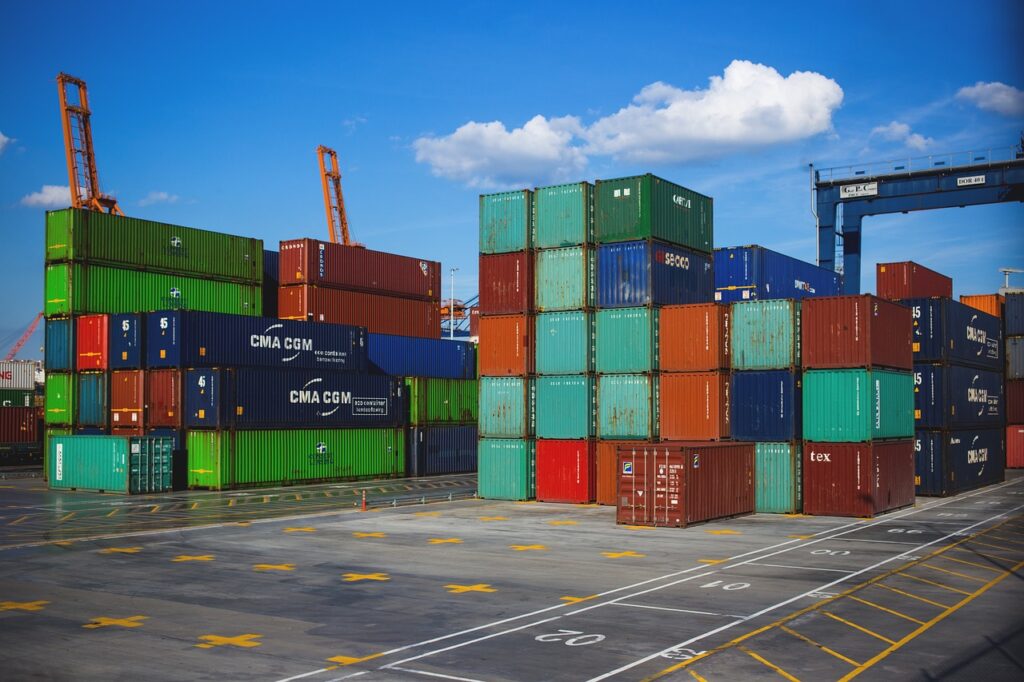
The Challenges
- Unstable power supply: frequent blackouts, often for weeks due to lack of fuel for the diesel generators
- “No power, no shower”: no power for water pumps, problems with health and hygiene, no washing, cooking or drinking water
- “No power, no lights”: security risks for women, no light for studies and medical work during night hours

Our Partners

Funding partners
- Brot für die Welt (to be confirmed)
- Mission Eine Welt (to be confirmed)
- Pawarim komuniti (to be confirmed)
- Australian Luth. World Service (to be confirmed)
- Church communities in Europe
Contributing partners
- BOS AG (Braun Memorial Hospital, Finschhafen)
- selina photovoltaic (in German language)
Cooperation partners
Implementation partners
- Local installers
- Transport companies
- wholesaler
Funding & Donations
Donations are welcome in many ways. We say Thank You! for any financial contribution.
For any other ideas, please contact us.
International Account
- Account holder: ypsi gmbh – SolSol project
- Bank: Unicredit Bank Austria
- SWIFT/BIC: BKAUATWW
- Bank Code: 12000
- Account No: 100 4361 5532
- for EU transactions:
- IBAN: AT68 1200 0100 4361 5532
PNG Account
(to be announced soon)
Donation Wish list:
3 project laptops Lenovo Thinkpad series w. Windows10 or Windows11- PC Beamer for Engineering School courses
transport of a Toolbox (ca 30 kg) from Europe to PNG- Teleconferencing equipment: Table microphone and speakers
Our Team
Project Owner: ELCPNG Executive Team
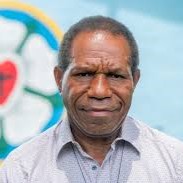
Revd. Dr. Jack Urame
Head Bishop

Revd. Lucas Kedabing
Vice Bishop
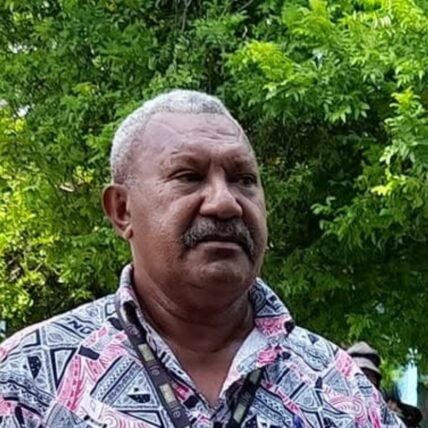
Mr. Bernard Kaisom
Church Secretary
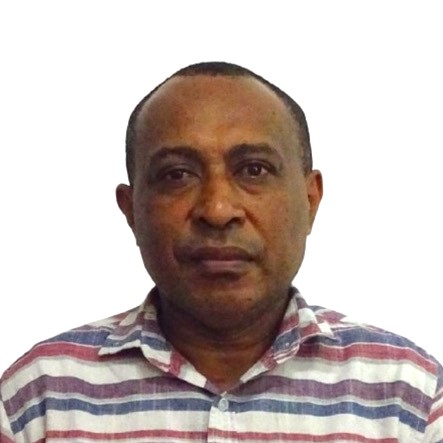
Mr. Titus Denano
Treasurer
The Steering Committee

Bonnie Keoka
Head of Lutheran Development Services
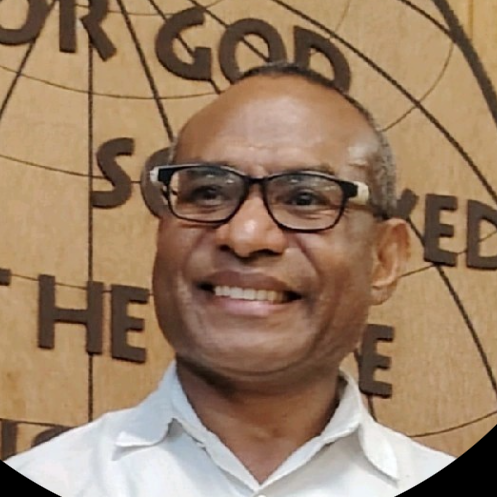
Japalis Kaiok
Head of Lutheran Health Services

Rev. Giesa Panpan
Head of Ministerial Training Services
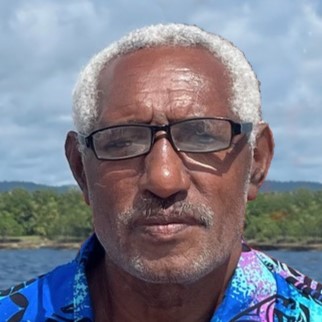
Daniel Suan
Head of Educational Department
The Project Team

Markus
Project Initiator
Abundant sunshine is God’s gift to PNG and we have ignored this valuable present till today. As an electrical engineer, I would love to see PNG’s villages being powered up by plain sunshine.
E-Mail: office@sol-sol.org
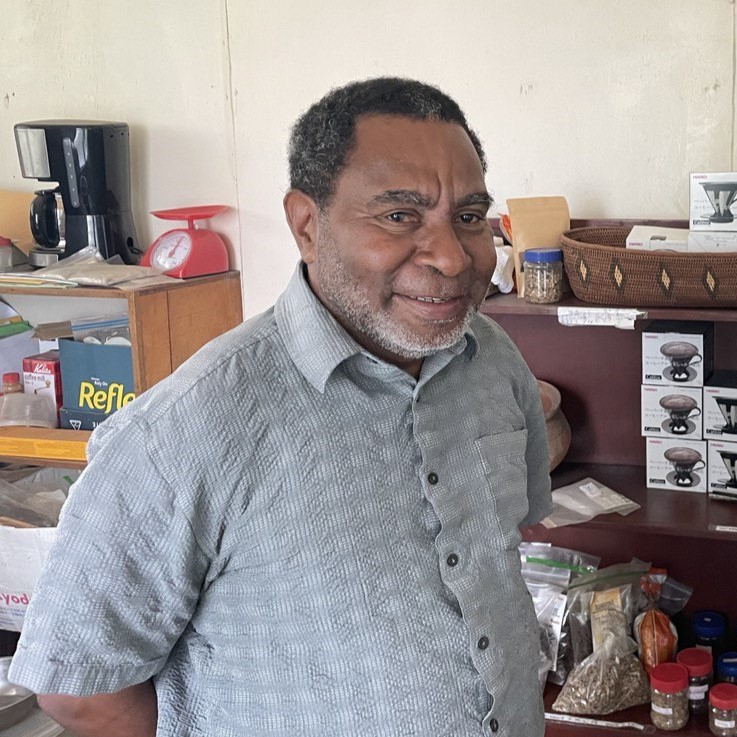
Bonnie
Local Project Manager
Reliable access to electricity will significantly improve the lives of families in rural areas by enabling better health, educational and business opportunities. After 30 years of experience working and living with families in rural PNG: solar energy is the #1 way forward. Tenkyu tumas!
E-Mail: office@sol-sol.org

Charlie
Lead Engineer
With a global shift towards green renewable energy, the SolSol project aims to pioneer the implementation of solar-powered minigrids for rural communities in PNG. Reliable access to electrical energy will improve the livelihood of people and educate them on the responsible use of generation, distribution and usage of energy.
E-Mail: engineering@sol-sol.org
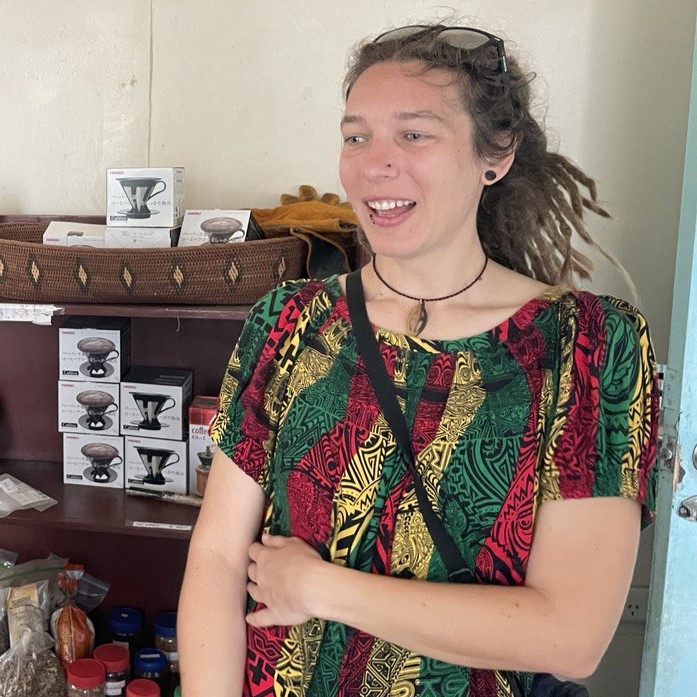
Anna
Solar Expert
Electricity brings quality of life. Knowledge opens up new perspectives – equally for women and men.
E-Mail: engineering@sol-sol.org
Latest News
-
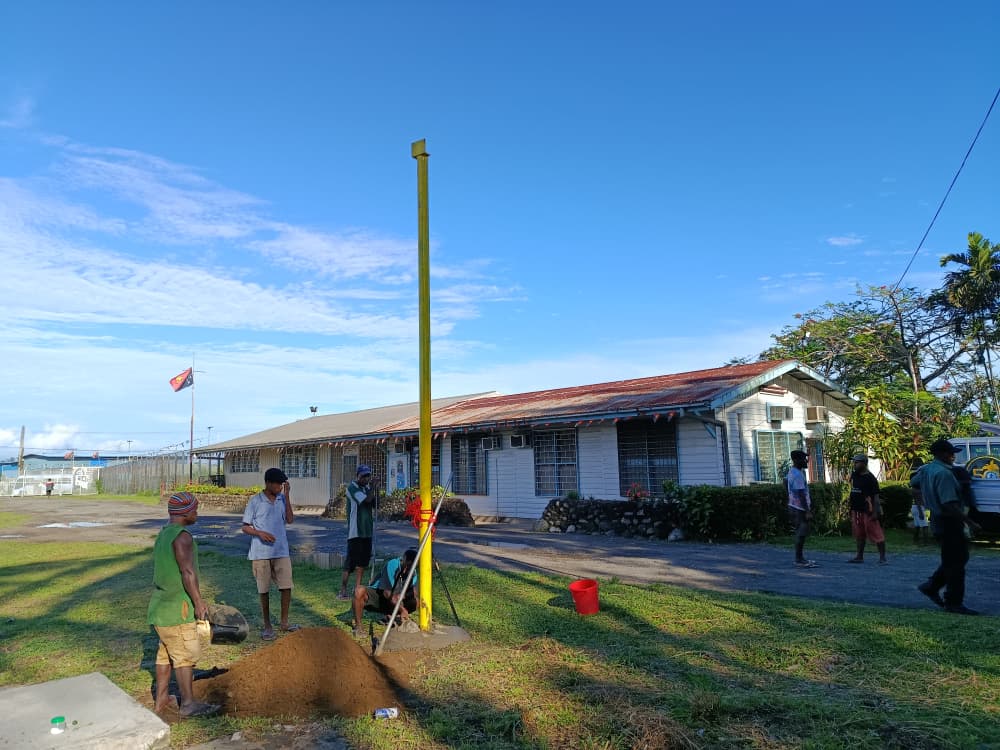
SolSol Training Site at Malahang
Read more: SolSol Training Site at MalahangWe are currently setting up our Training site in Malahang, near Lae. This solar power station is a blueprint of what we plan to roll out in remote rural offgrid communities hosting institutions of the Lutheran Church such…
-

Leapfrog Society
Read more: Leapfrog SocietyPNG’s society is very much a „leapfrog society”: In its history of only 140 years of interaction with other societies around the globe, PNG has managed to –or was forced to— leapfrog over entire stages of civilization, catching…
-
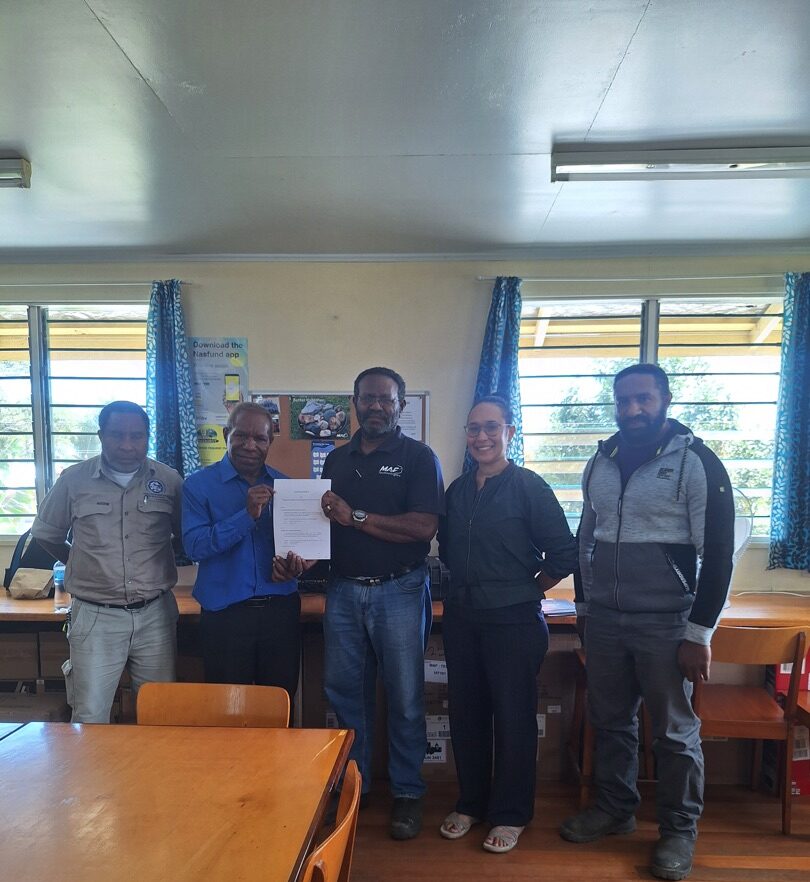
MoU between ELCPNG and MAFtech signed
Read more: MoU between ELCPNG and MAFtech signedThe Head Bishop of the ELCPNG, Dr. Jack Urame and General Manager of MAF Technologies, Mr Bryan Mathews, have signed a memorandum between the two organizations on cooperation for the implementation of solar power stations in PNG. This…

Let’s connect!